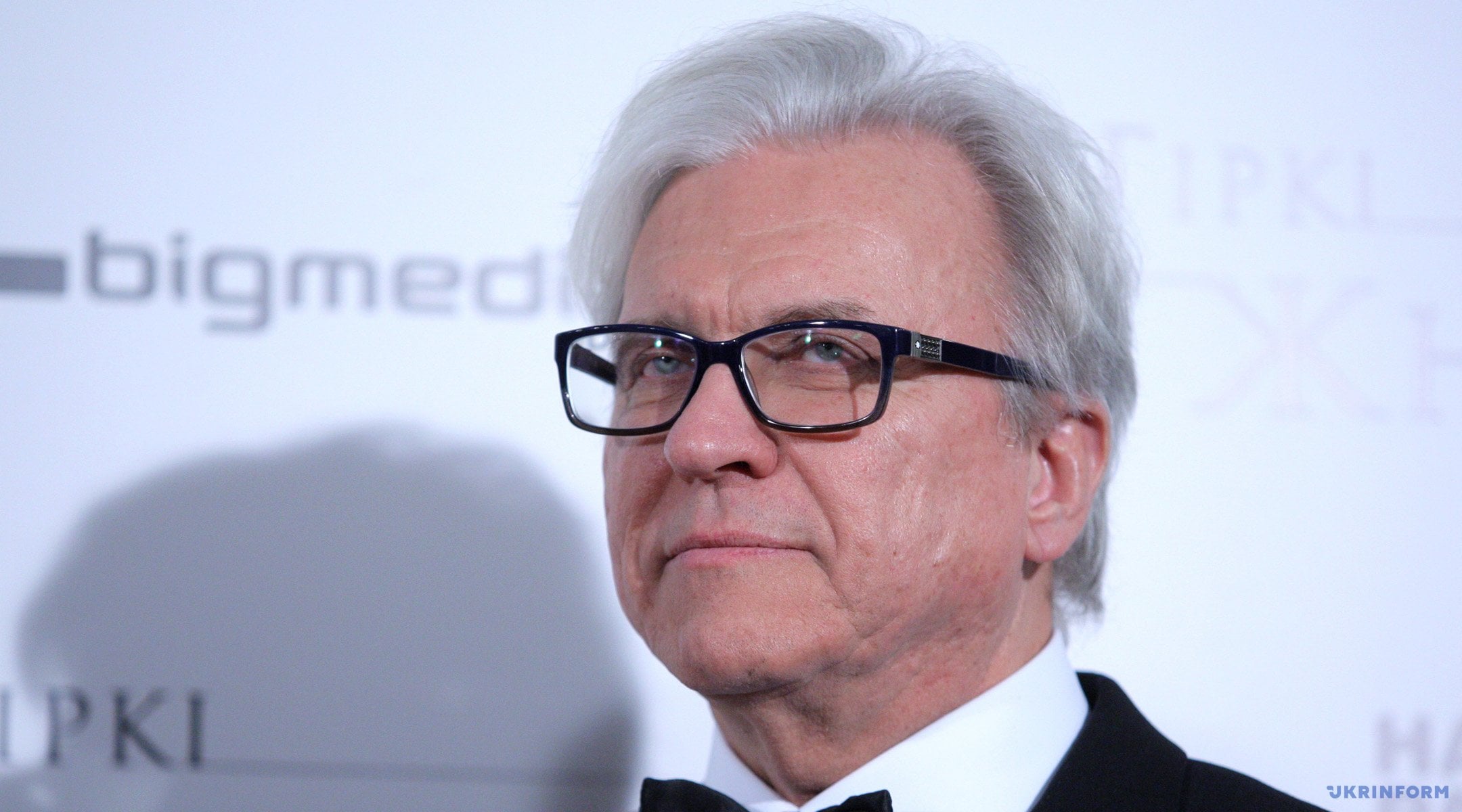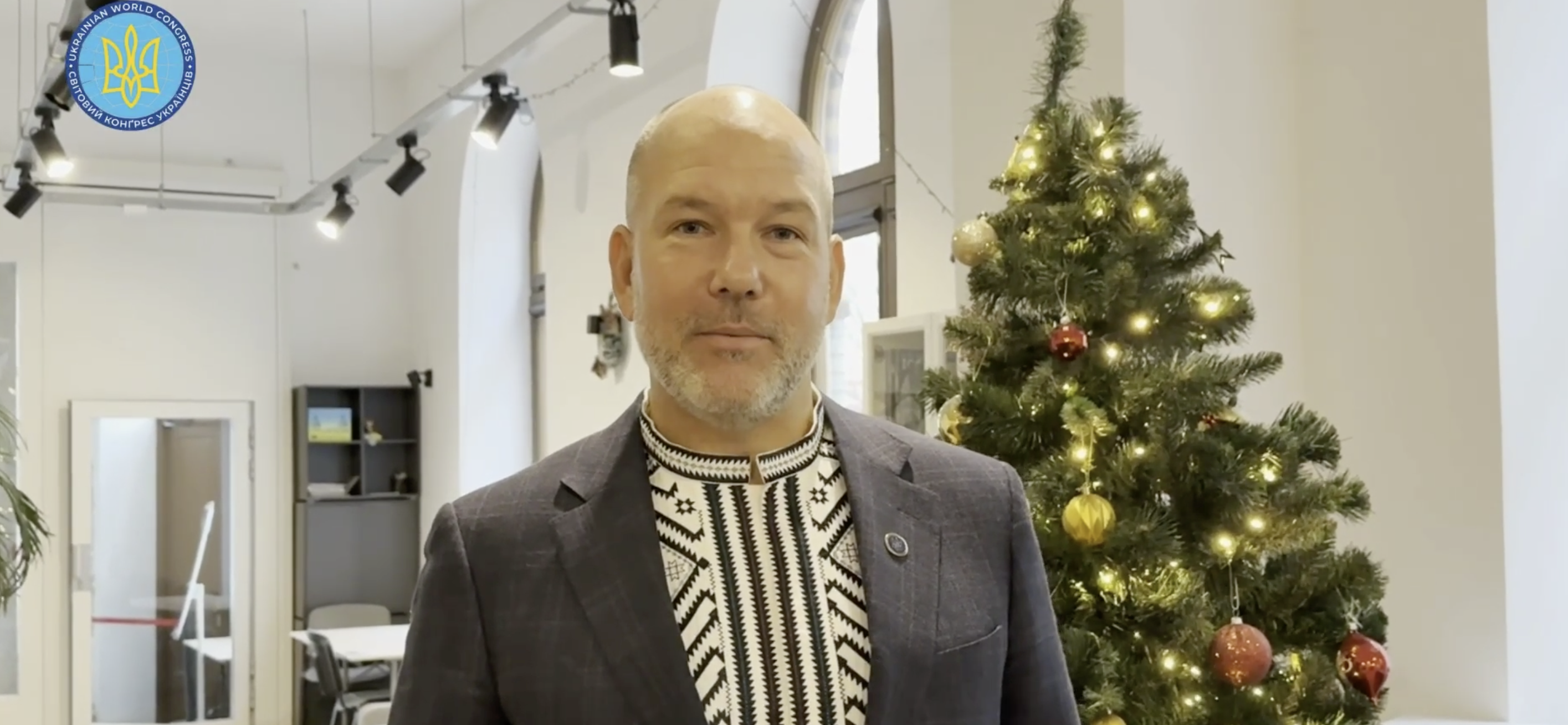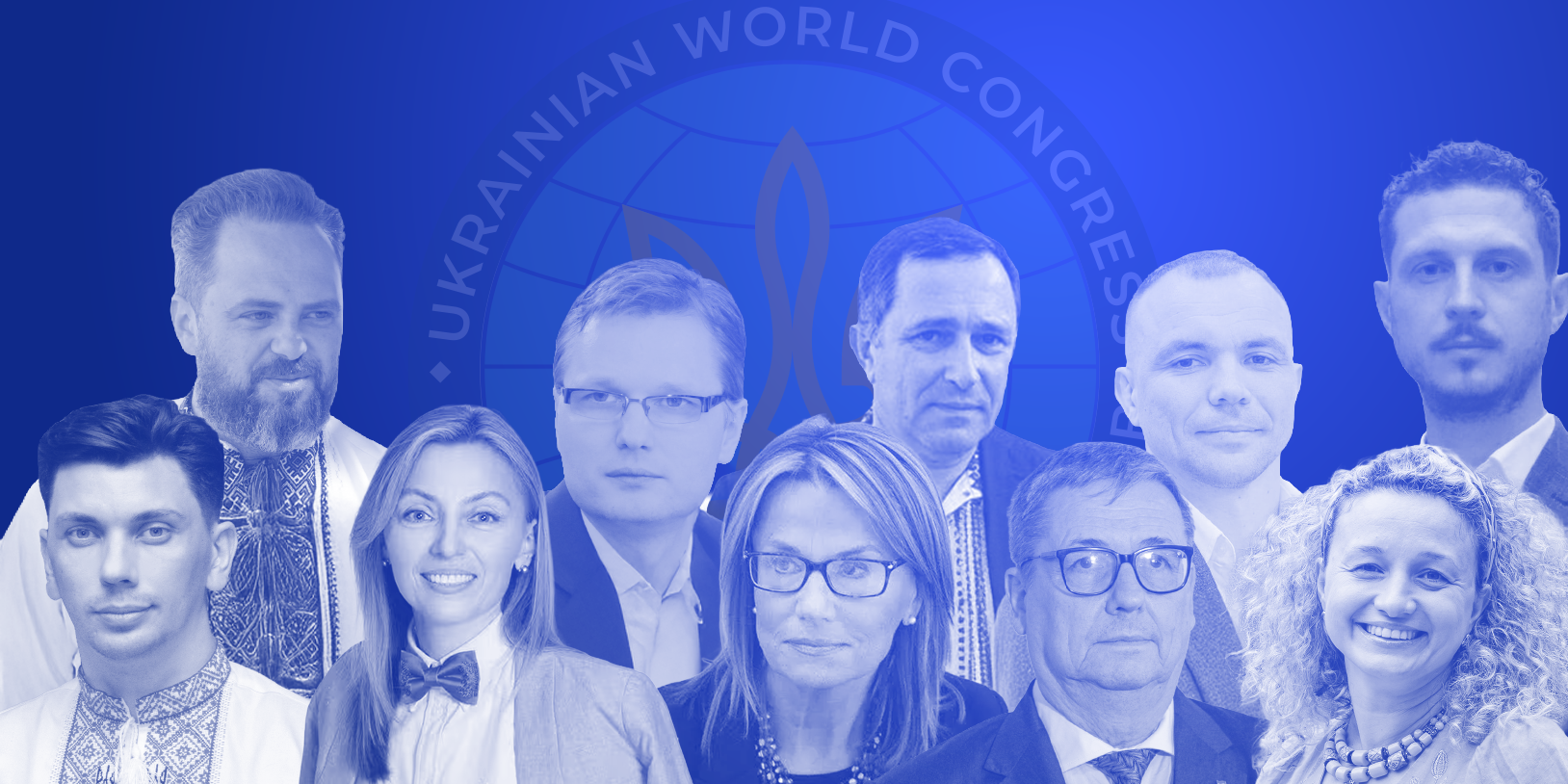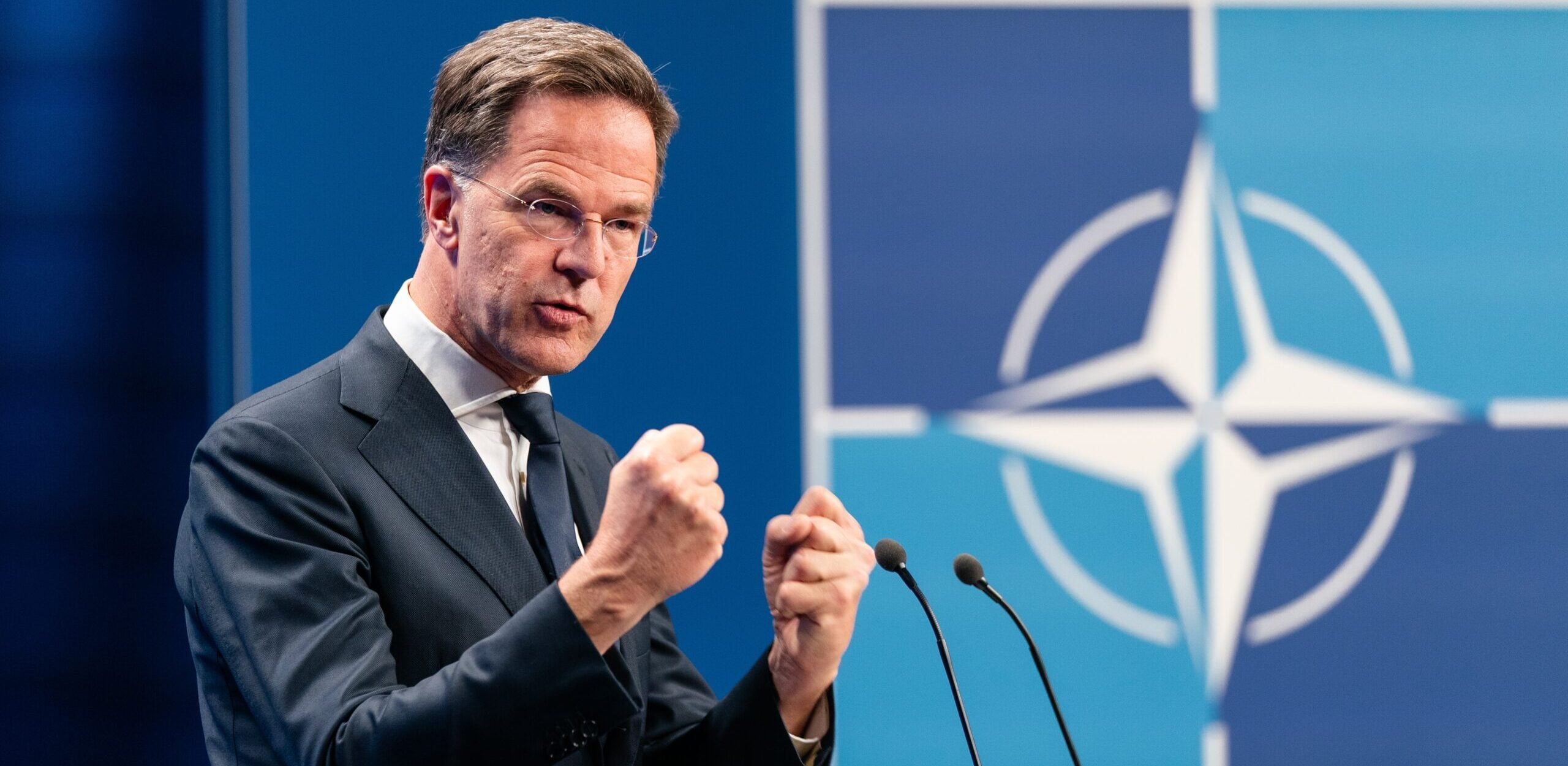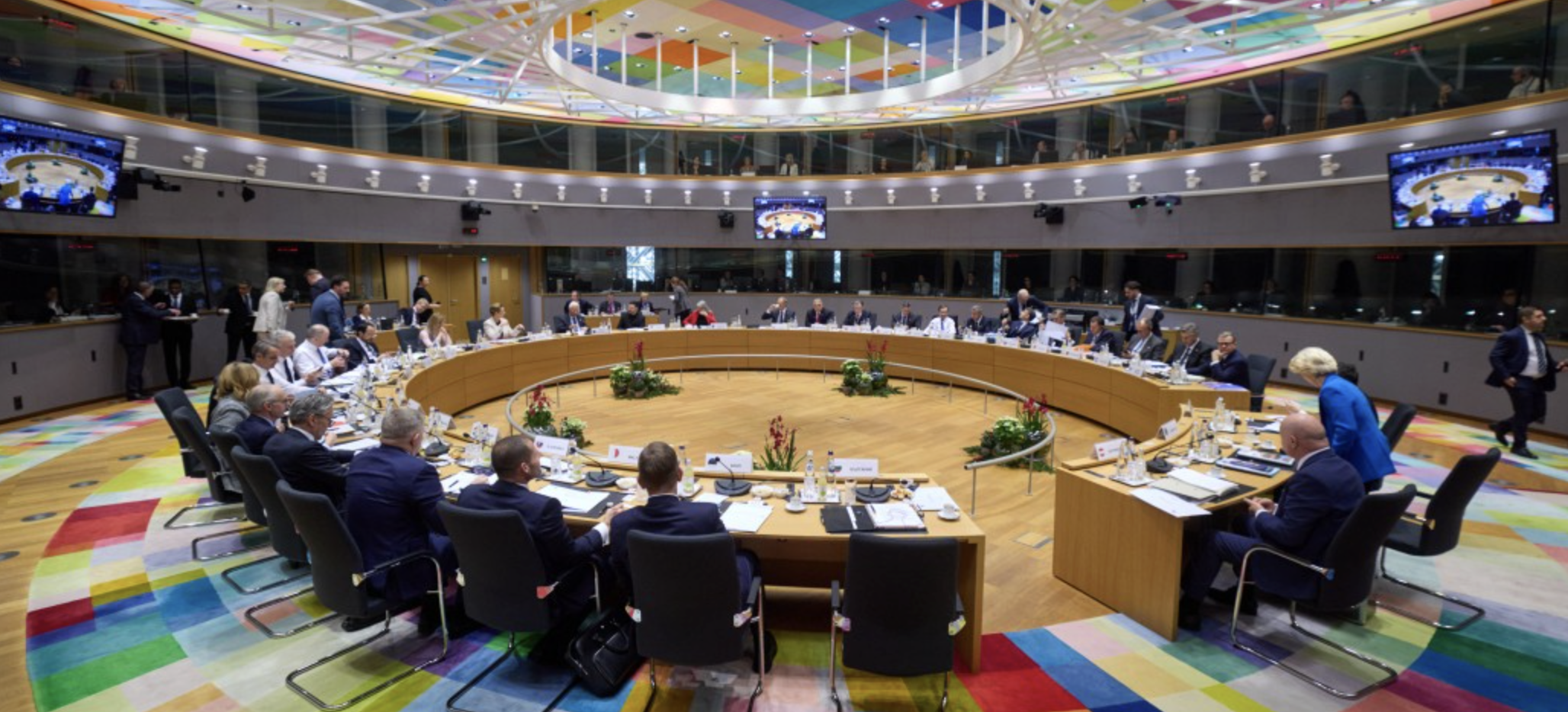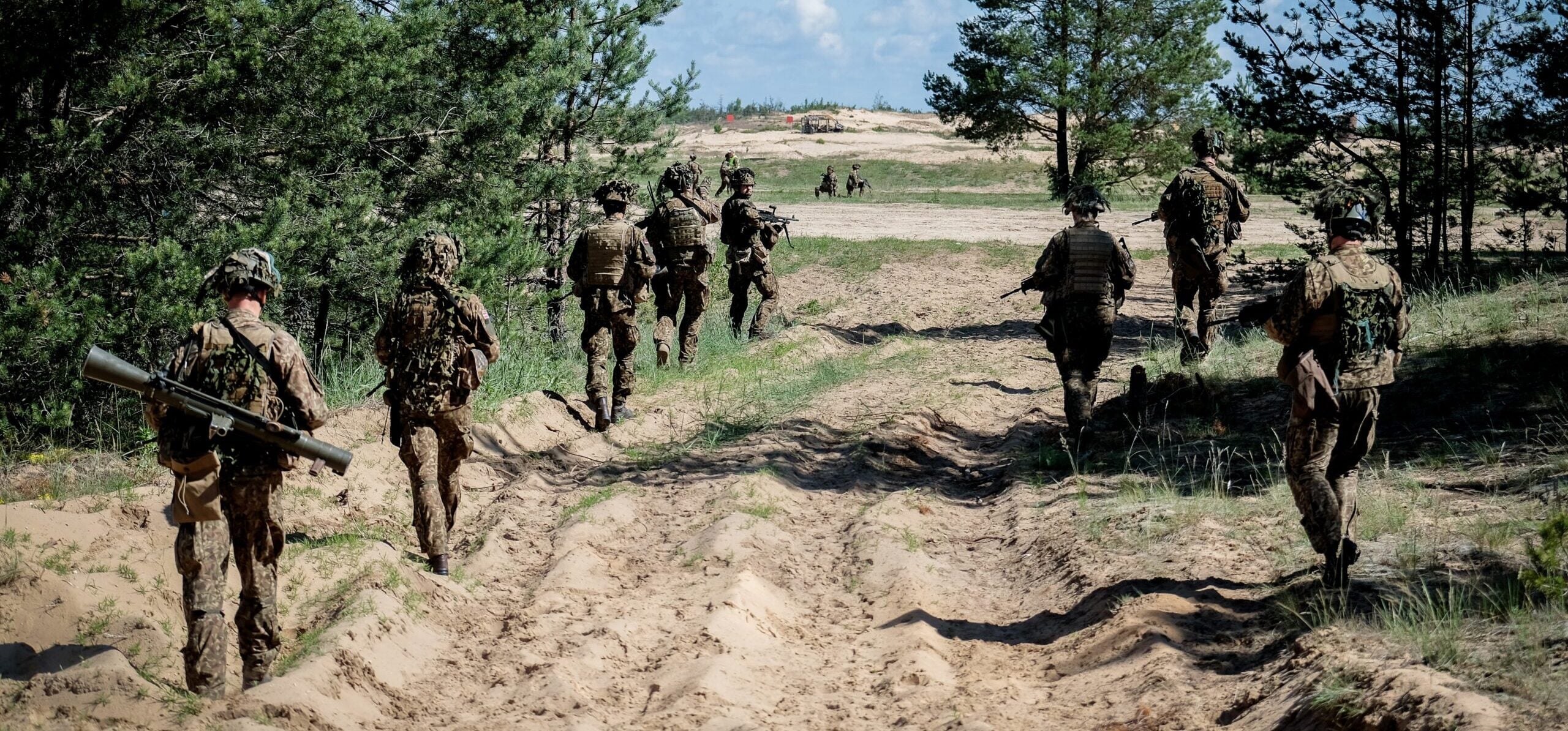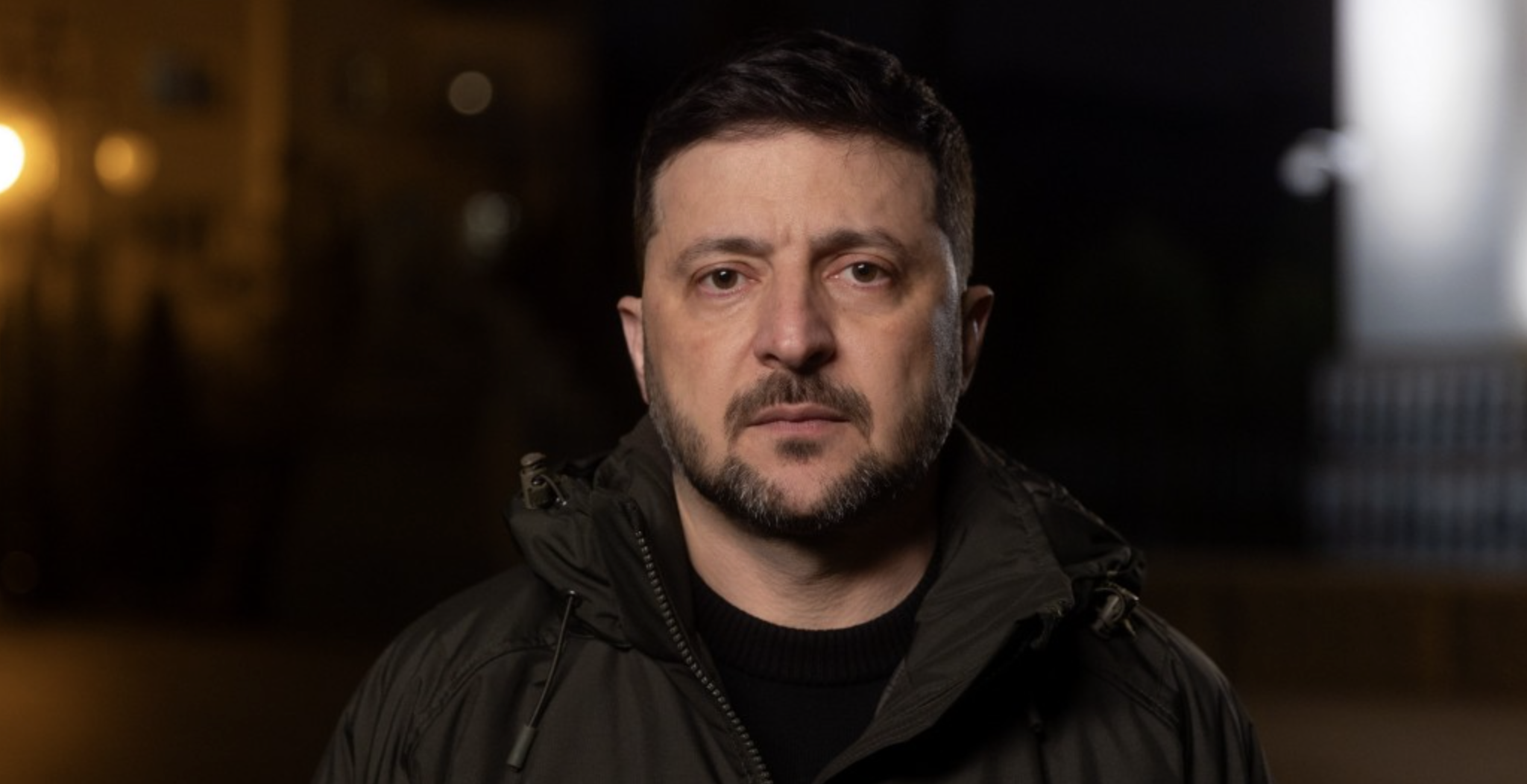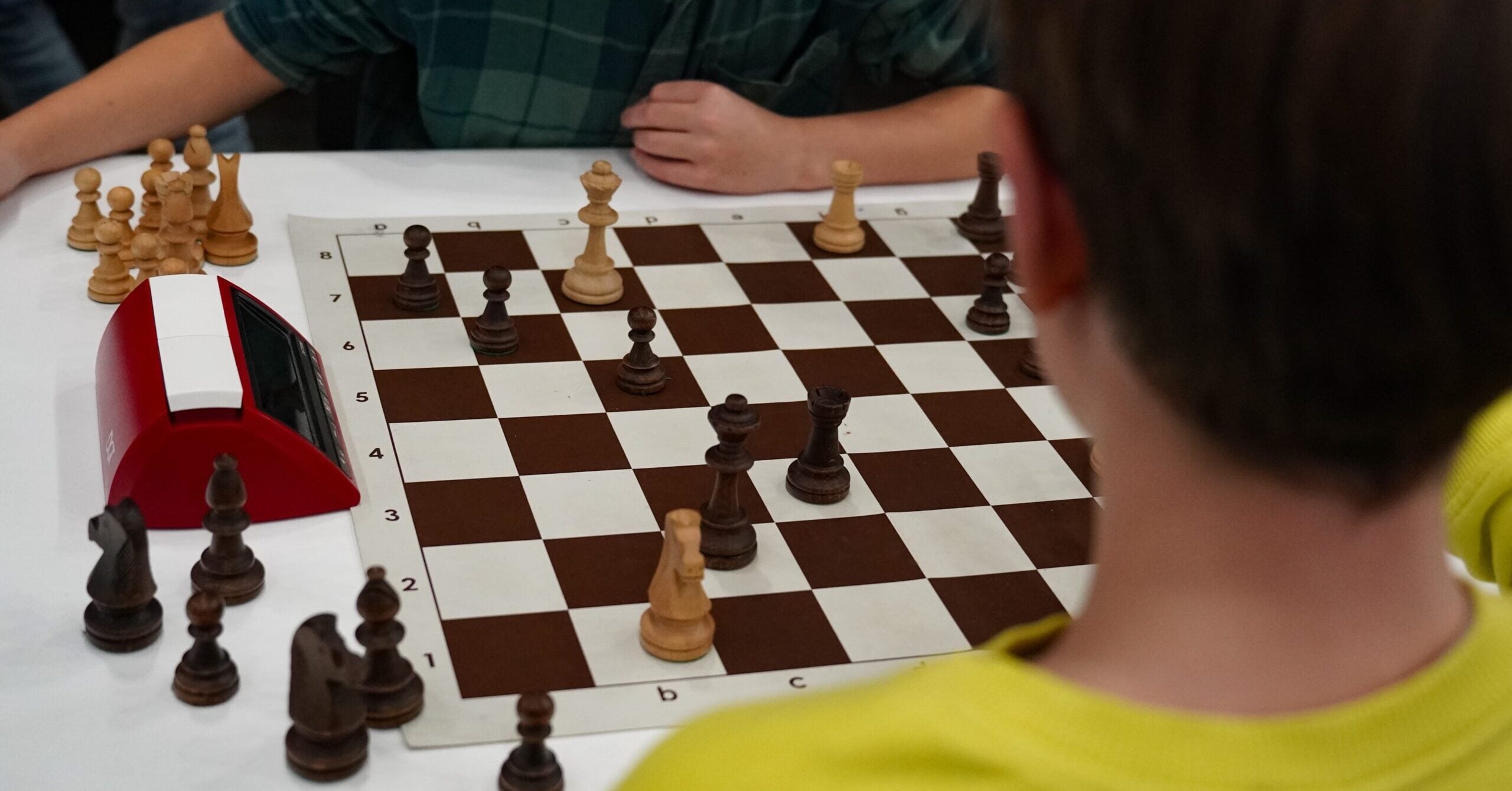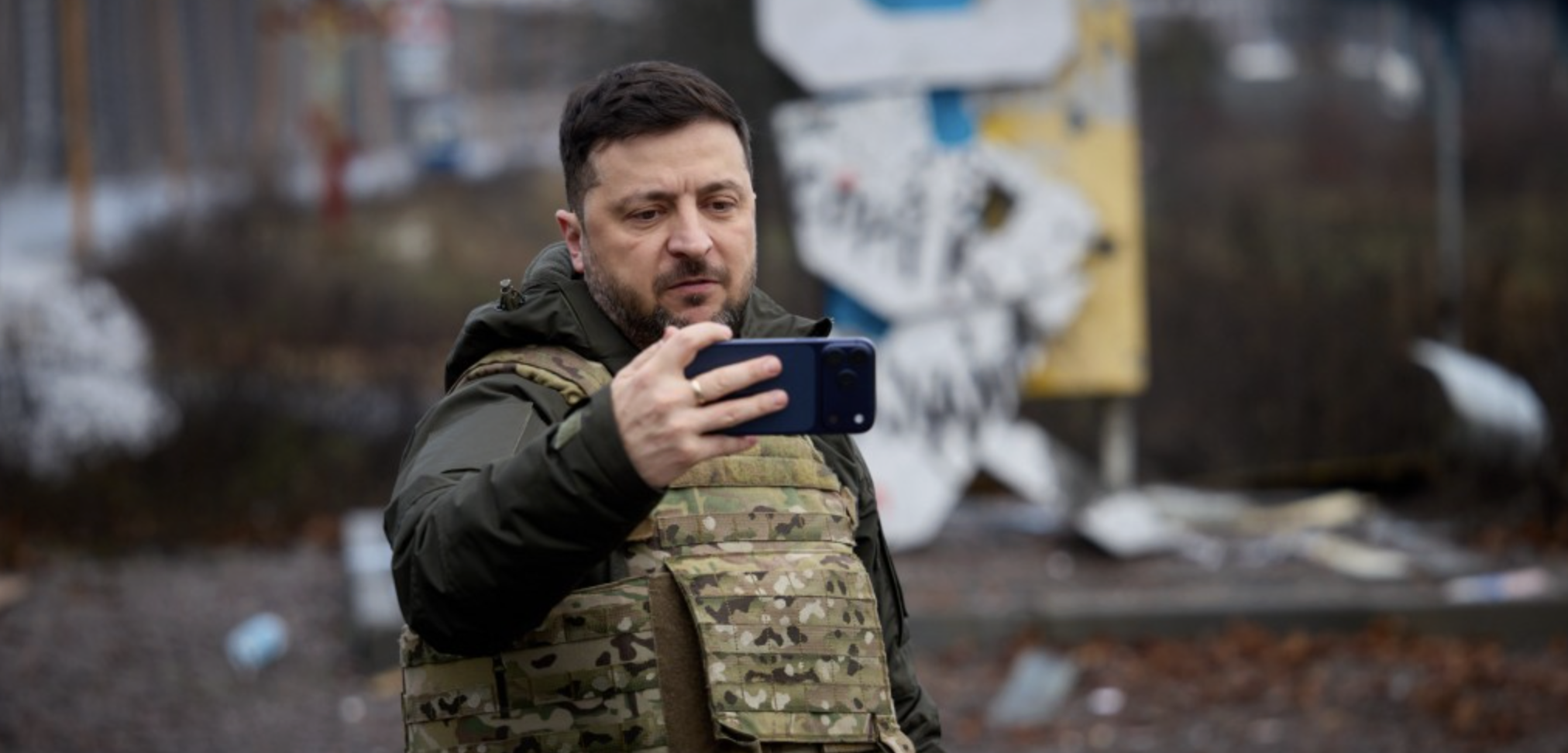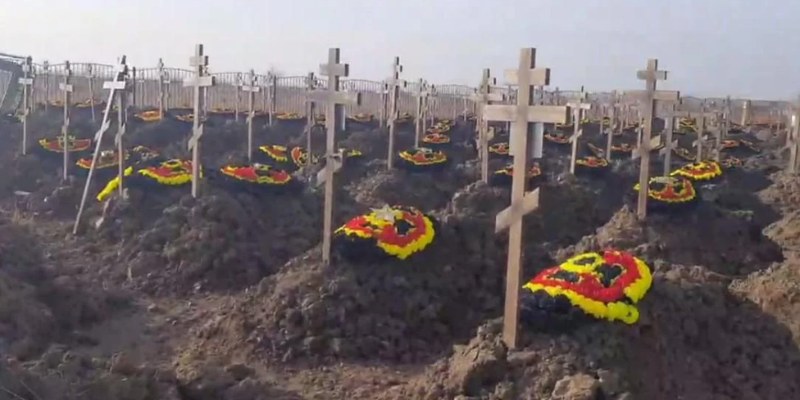
Russian human rights activist and the head of the “Russia Behind Bars” foundation, Olga Romanova, told Belsat RU about the scale of convicts’ loss in the ranks of the private military company Wagner Group. In an interview, Romanova confirmed the information previously reported by the adviser to the head of the Office of the President of Ukraine, Mykhailo Podolyak, that the Armed Forces of Ukraine have already eliminated 77% of former prisoners who came to fight in Ukraine as part of this military company.
According to the human rights defender, as of Jan. 1, 2023, more than 40,000 of the approximately 420,000 people behind bars in Russia had been recruited at the beginning of the war. About 29,000 of them either died, were wounded, or went missing.
Hypothetically, the private military company (PMC) “Wagner” can recruit another 150,000 people, or even more, only in prisons. It can even recruit 200 thousand if women’s mobilization is considered.
“In addition to the fact that the ‘Wagner’ is flooding the Ukrainian front with bodies, another function is being implemented here, which, I’m quite sure, the authorities keep in mind: the disposal of an excess part of the population. The Russian authorities believe that these are unnecessary people,” says the human rights activist.
Recruitment was very active until mid-autumn. It continued, but a big problem for the company’s founder, Yevgeniy Prigozhin, was mass running away from the front, capture, and desertion.
“Mass extrajudicial executions have begun. It was then that the terrible video of the execution with a sledgehammer was made public,” says Romanova. “We know of at least four more video recordings of executions. We have more than 50 reports from relatives about extrajudicial executions: they somehow received information that their relatives were executed.”
These extrajudicial executions played their role: the mass escapes and prisoners’ surrender stopped – everyone was scared.
Yet, these atrocities had the opposite effect, too: the prisoners became afraid of recruitment, and this process stopped. Then Prigozhin allegedly began to release the prisoners, although under the contractual obligation to return to the front in 45 days. He promised that they would be admitted to prestigious Russian universities without exams afterward and that, eventually, they could become deputies of the State Duma.
Many Russians, especially prisoners, bought the rhetoric, and mass recruitment resumed.
“The death of one person is a tragedy, and the death of tens of thousands is a statistic. It works the same way for prisoners. For them, the death of a cellmate is understandable, and the death of tens of thousands is just an informational background,” Olha Romanova points out.
Photo: One of the cemeteries for Wagner Group mercenaries (screenshot)
